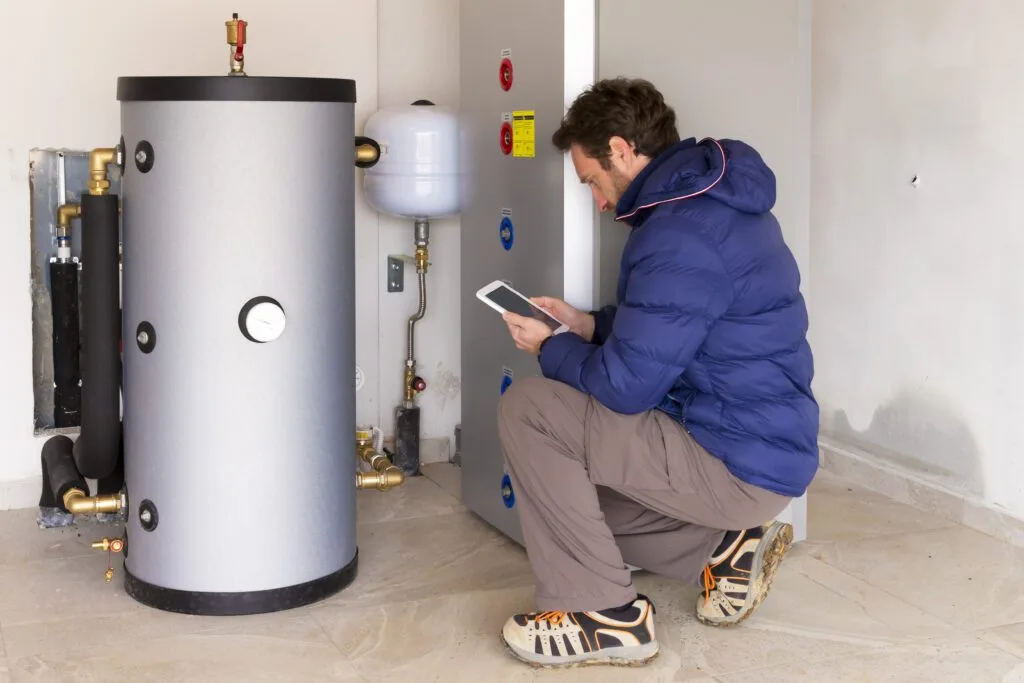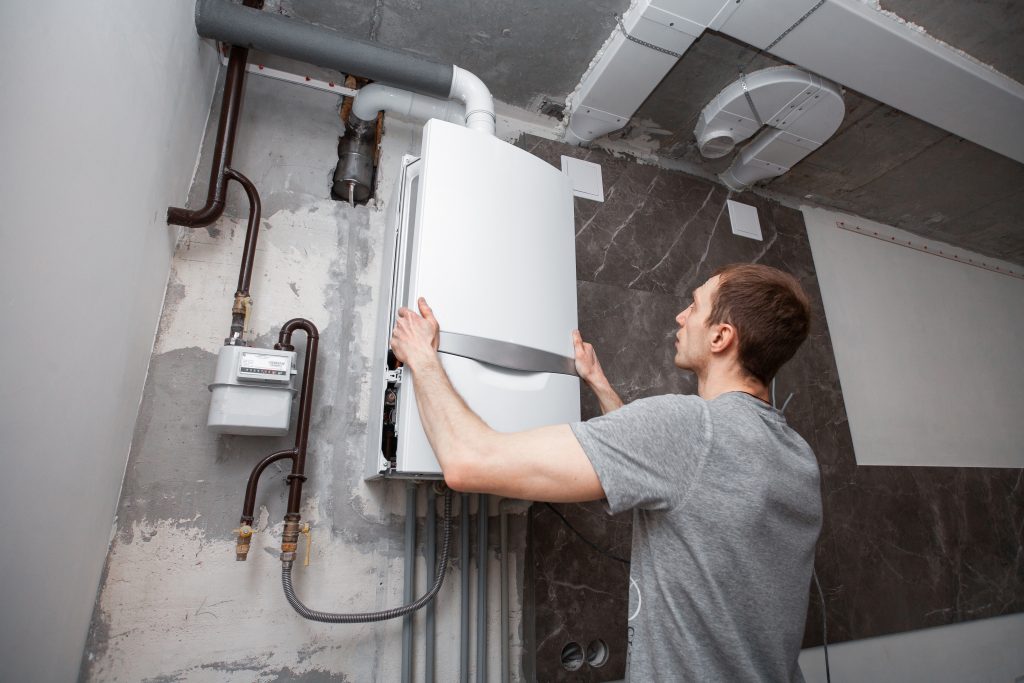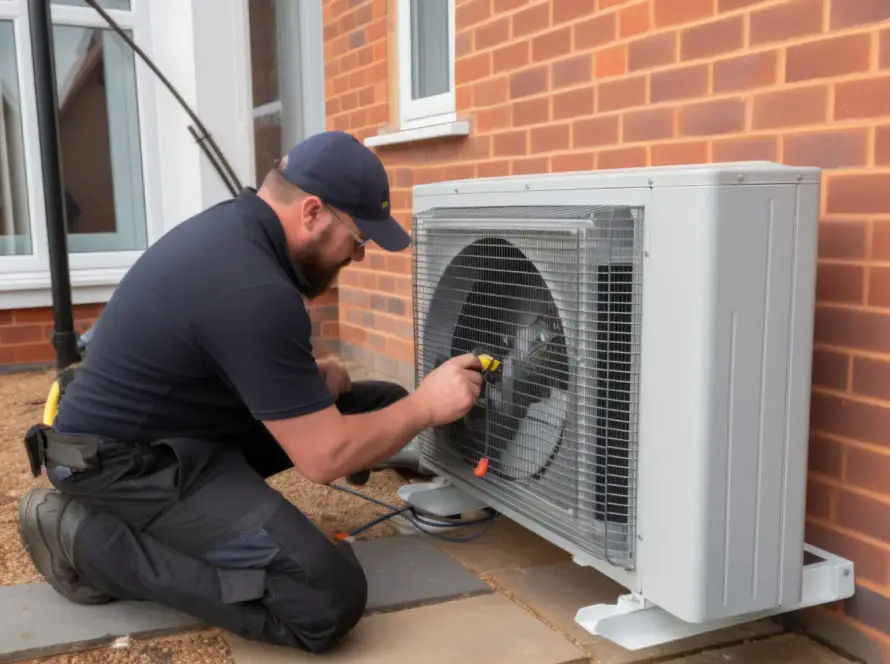When it comes to heating systems, non-condensing boilers have long been a popular choice for homeowners. However, as energy efficiency and sustainability become more critical, many people are rethinking whether these traditional systems are still the best option. If you’re considering installing or replacing a boiler, it’s important to understand what a non-condensing boiler is, how it works, and whether it meets your home’s needs.

What Is a Non-Condensing Boiler?
A non-condensing boiler is a traditional heating system that burns fuel (typically gas, oil, or LPG) to heat water, which is then distributed through radiators, taps, or showers in your home. Unlike condensing boilers, these systems do not capture and reuse the heat from exhaust gases, resulting in higher energy waste.
How Non-Condensing Boilers Work
Non-condensing boilers operate by:
- Burning Fuel: Fuel is ignited to heat water.
- Releasing Exhaust Gases: Combustion produces hot gases that escape through a flue or chimney.
- Heating Your Home: Hot water is circulated through radiators or provided for hot taps.
While effective, the lack of energy recovery in non-condensing boilers makes them less efficient than modern condensing boilers.

Pros of Non-Condensing Boilers
- Lower Initial Costs: Non-condensing boilers are often cheaper to buy and install.
- Simple Design: Their straightforward technology means they are less prone to breakdowns.
- Compatibility with Older Systems: They work well with older radiators and heating setups.
Cons of Non-Condensing Boilers
- Lower Efficiency: They typically operate at 70-80% efficiency compared to 90-95% for condensing boilers.
- Higher Energy Bills: The wasted heat means you’ll spend more on fuel over time.
- Environmental Impact: Less efficient boilers produce higher carbon emissions, which is not eco-friendly.
- Government Restrictions: Many regions no longer permit the installation of non-condensing boilers due to stricter energy efficiency regulations.
Should You Upgrade to a Condensing Boiler?
If you’re still using a non-condensing boiler, upgrading to a condensing model may offer:
- Significant Energy Savings: Modern condensing boilers reuse exhaust heat, cutting fuel consumption.
- Reduced Carbon Footprint: Eco-friendly designs align with sustainability goals.
- Eligibility for Grants: Some government programs, like the Energy Company Obligation (ECO) scheme, may help cover the costs of upgrading to energy-efficient systems.

What to Consider Before Upgrading
- Initial Cost vs. Long-Term Savings: While condensing boilers are more expensive upfront, they pay off through lower energy bills.
- Home Compatibility: Older homes may need additional upgrades to install a condensing boiler.
- Regulations: Check your local laws, as non-condensing boilers may no longer be an option.
Final Thoughts
Non-condensing boilers may still serve their purpose in some homes, but the rising focus on energy efficiency and sustainability makes condensing boilers the better long-term choice for most homeowners. If you’re still using a non-condensing boiler, now might be the time to explore your options and make the switch to a greener, more cost-effective heating system.Looking to upgrade? Contact us today to discuss the best boiler solution for your home!


